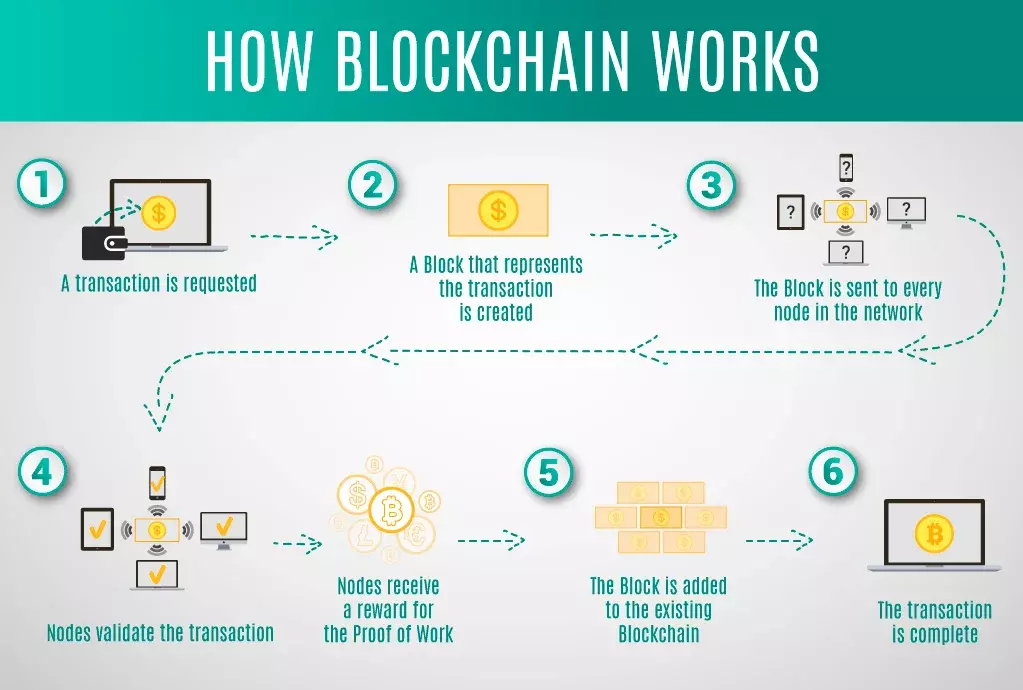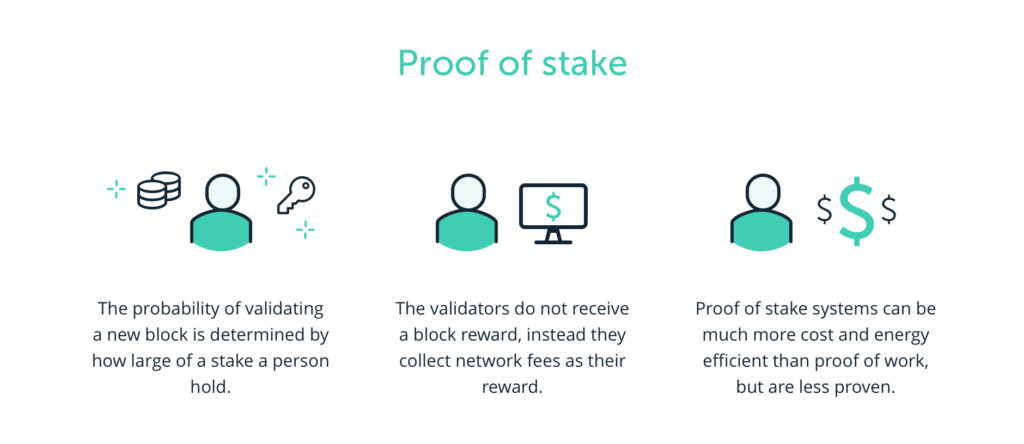As blockchain technology continues to revolutionize industries, the role of the Blockchain Engineer has become increasingly critical. Blockchain engineers are responsible for designing and implementing decentralized digital ledgers, enabling secure and transparent transactions across various sectors, including finance, healthcare, and supply chain management

Blockchain engineers typically work on developing the architecture of blockchain systems, creating smart contracts, and building applications that operate on blockchain platforms like Ethereum or Hyperledger. Their work requires a deep understanding of cryptography, data structures, and distributed systems. In addition to developing blockchain systems, engineers also focus on optimizing them for scalability, speed, and security.
The unique nature of blockchain technology, which relies on a decentralized and immutable system of record-keeping, requires blockchain engineers to have a strong grasp of computer science and mathematics. Proficiency in programming languages like Solidity, C++, and Java is crucial, as is an understanding of cryptographic algorithms and consensus mechanisms such as Proof of Work (PoW) and Proof of Stake (PoS).

Blockchain technology is being increasingly adopted across various industries beyond cryptocurrency. In healthcare, for example, blockchain is used to securely store patient records, while in logistics, it helps track goods throughout the supply chain. This broad application of blockchain technology makes blockchain engineers highly sought after in a variety of fields.
Career Outlook: The demand for blockchain engineers has surged as businesses look to implement secure, efficient, and transparent systems. With the rapid development of decentralized finance (DeFi) platforms, non-fungible tokens (NFTs), and smart contracts, blockchain engineers are positioned for growth in the tech industry, making it an exciting and future-proof career choice.
Leave a Reply